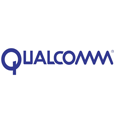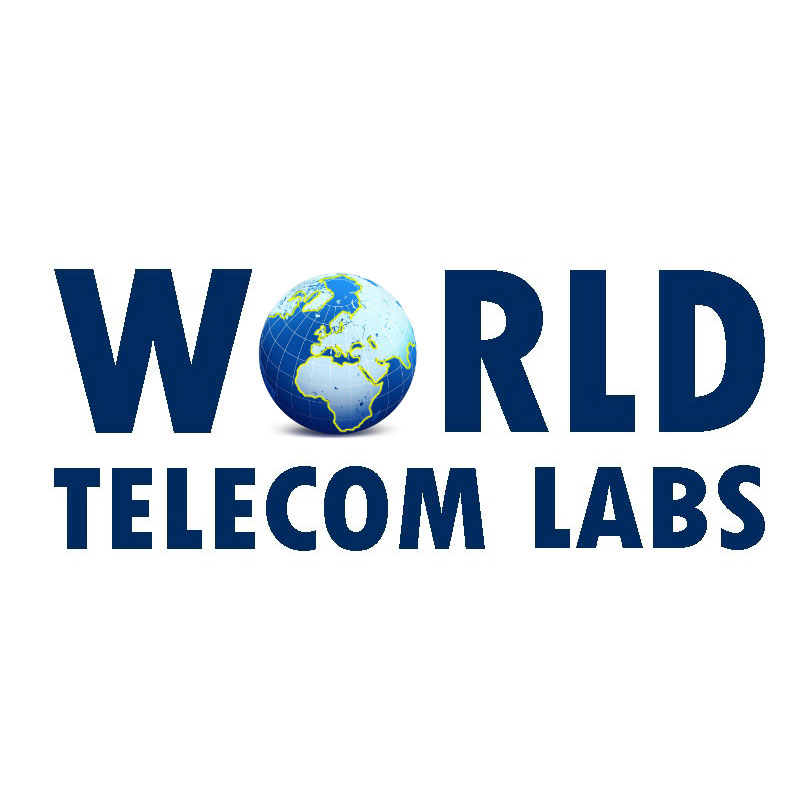 Microsoft has reportedly launched phase two of its ‘4Afrika’ initiative in Tanzania, by partnering with local provider UhuruOne to deploy so-called ‘white space’ broadband technology at the University of Dar es Salaam, including working with local students to enable them to secure loans for Windows 8 itself. Online news portal Engadget.com adds that Bill Gates’ company will also employ students and on-campus support staff under the initiative.
Microsoft has reportedly launched phase two of its ‘4Afrika’ initiative in Tanzania, by partnering with local provider UhuruOne to deploy so-called ‘white space’ broadband technology at the University of Dar es Salaam, including working with local students to enable them to secure loans for Windows 8 itself. Online news portal Engadget.com adds that Bill Gates’ company will also employ students and on-campus support staff under the initiative.
Microsoft is not the only tech group interested in supporting Africa’s bid for internet access. In March this year TeleGeography’s CommsUpdate reported that search engine giant Google Inc is experimenting with so-called ‘white space’ technology in South Africa, and has launched a trial in Cape Town with a view to establishing whether the unlicensed spectrum interferes with licensed spectrum holders in the vicinity. The pilot scheme, launched earlier this week, involves a number of base stations being deployed on Tygerberg Hill, which will offer broadband coverage of ten schools in heavily-populated areas. White spaces are generally defined as the gaps in between broadcast TV channels in radio spectrum; although they are usually left empty as buffers to prevent TV signals from bleeding into one another, they also have the capacity to carry wireless broadband. Google is a long-time champion of the spectrum, and has been trialling white space technology in rural parts of the US since 2010, while Microsoft recently said it intended to trial the technology in Kenya.

17 May 2013
by admin-4ga
About the Author
Social Share
THE 4G AFRICAN BROADBAND FORUM Welcomes You to the world of 4G Wireless in Africa
The 4G African Broadband Forum serves you to do better business in Africa. Our services to you include:
* Promoting your Events
* Research and Analysis of Your Marketplace
* Business Development - specific and targeted
* Expert Witness - to your regulator and courts
* Invite you and your teams to significant meetings and symposiums in your market place
* Mergers and Acquisitions with empowerment transactions for disadvantaged groups - consulting therein
LINKS
HOME | AFRICA OPERATORS | NEWS | EVENTS | WHITE PAPERS | ASSOCIATES | CONTACT US | MEMBERS
Copyright © 4G African Broadband Forum 2015 | Developed by Milcheff.com
Copyright © 4G African Broadband Forum 2015 | Developed by Milcheff.com









